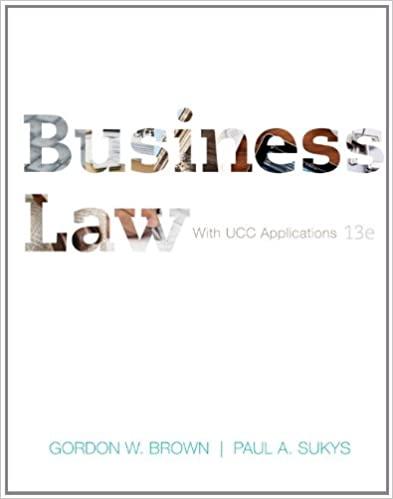Walsh, as settlor , executed a declaration of trust, naming himself as trustee and giving himself the
Question:
Walsh, as settlor , executed a declaration of trust, naming himself as trustee and giving himself the income from the trust during his lifetime. After his death, the income was to be paid to his second wife for her life, and upon her death, to his two children, Edward and Margot. Upon their deaths, the income was to be paid to the children of Edward and Margot, after which it terminated. The trust expressly provided that the settlor had not made any provisions for his third child, Patricia, because “previous provisions had been made in her behalf.” After executing the instrument, Walsh transferred to the trust the family residence, three farms, and a checking account. Patricia argued that the trust was testamentary and therefore invalid because it failed to comply with the statute of wills. Was this a testamentary or an inter vivos trust? E x plain. First Nat’l Bank v. Hampson , 410 N.E.2d 1109 (IL).
Step by Step Answer:

Business Law With UCC Applications
ISBN: 9780073524955
13th Edition
Authors: Gordon Brown, Paul Sukys





